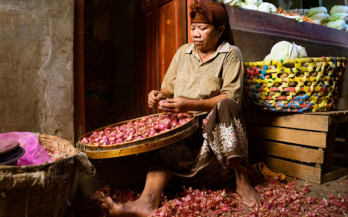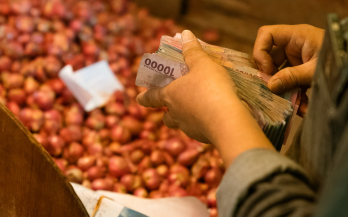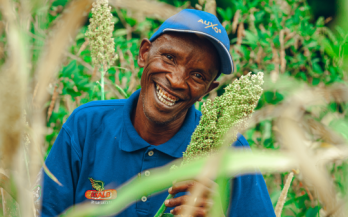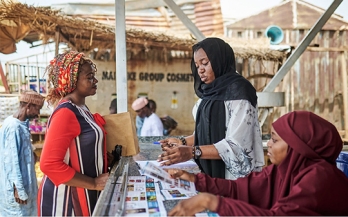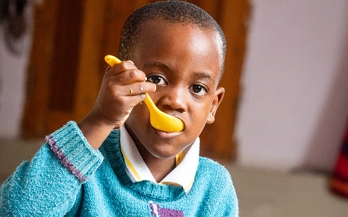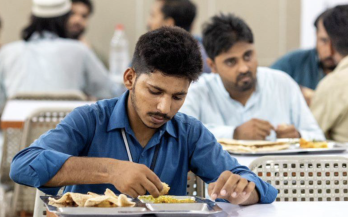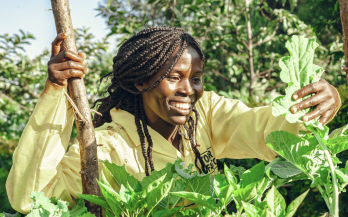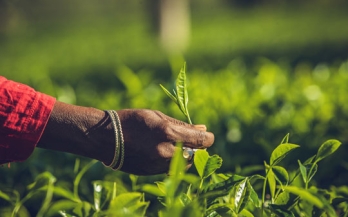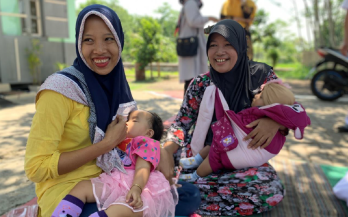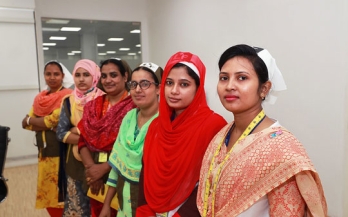Political economy dynamics—that is, conflicts and trade-offs across different interest groups that play an important role in the food system—permeate many decisions about food systems policy and implementation. Development practitioners working in the food systems space—inclusive of agriculture, nutrition, and environmental policies—need to be aware of these dynamics to be able to support policy advocacy, development, and implementation.
While improved nutrition is central to achieving many development goals, investment in nutrition currently falls far short of what is needed. One group of actors that could potentially help address this is development finance institutions (DFIs): specialised financial organisations that promote sustainable development by providing capital, usually for private-sector-led projects. DFIs seem like promising actors to support nutrition: they are already active in low- and middle-income countries, invest in adjacent sectors like agriculture, and have large financial resources. However, to date DFIs have not been very active in investing in nutrition-supporting businesses and funds. This paper seeks to understand the barriers to investment in nutrition-related projects and develop concrete solutions to unlock funding through a mapping of DFIs’ approaches combined with in-depth interviews with several DFI representatives.
Biofortification (also known as nutrient enrichment) of staple crops, is a cost-effective and sustainable agricultural technology that enhances the quantity, bioavailability and bioaccessibility of micronutrients, with the aim of reducing micronutrient deficiencies. From 2019-2022, GAIN and HarvestPlus coordinated the Commercialisation of Biofortified Crops (CBC) Programme, which sought to scale up the production and consumption of biofortified foods (i.e., wheat, maize, cassava, rice, pearl millet, and beans) through commercial pathways in six countries in Africa and Asia. The programme used a variety of strategic scaling pathways to ensure commercialisation (e.g., increased production and availability of surplus for sale in markets), where aggregation was a key step. The objectives of this paper are to: (1) document the types of aggregation models employed by the CBC programme and their challenges, and (2) make recommendations for improving biofortified crop value chains to better achieve commercialisation. The insights in this paper are based on a desk review of CBC programme documents and semi-structured interviews with programme implementers.
Reducing foodborne disease in low- and middle-income countries (LMICs) is crucial for advancing nutrition, health, and other development goals. The U.S. Agency for International Development (USAID)/Feed the Future’s Evidence and Action Towards Safe, Nutritious Food (EatSafe) program sought to harness consumer demand as a mechanism to improve food safety practices and generate evidence on how to raise consumer demand for safe, nutritious foods in traditional market settings—the main source of food for most LMIC consumers.
To better understand the primary pathways through which gender norms impact children’s diets, this scoping review examines recent literature on gender issues related to child feeding in LMICs. It seeks to identify trends that occur within specific populations and cross-culturally. The findings will support increased gender sensitivity across GAIN programmes.
The objective of this working paper is to reflect on current programmatic approaches that aim to improve access to and demand for healthier diets via employer delivery mechanisms in factory settings.
The objective of this working paper is to reflect on current programmatic approaches that aim to improve access and demand for nutritious foods via employer delivery mechanisms in farm settings.
GAIN’s Environment Screening Tool represents a key step towards systematically incorporating environmental considerations into GAIN’s programmes. It is designed to enable a rapid self-assessment, which identifies environment-related risk factors, prompts mitigation actions, and encourages teams to explore opportunities for environment-nutrition win-wins.
The objective of this paper is to describe the initial scaling-up phase of the 'Baduta' programme (Baduta 2), which aimed to support national stunting-reduction efforts in Indonesia through emotional demonstrations (‘emo demos’), reflecting on the challenges faced and ensuing lessons learned, following the promising results of the 2017 evaluation of the programme.
In 2019, in an effort to improve the efficiency and sustainability of its programming, GAIN’s Workforce Nutrition Programme (WFN) shifted away from the traditional project development and evaluation cycle towards a nimbler "Quality Improvement" (QI) approach.
